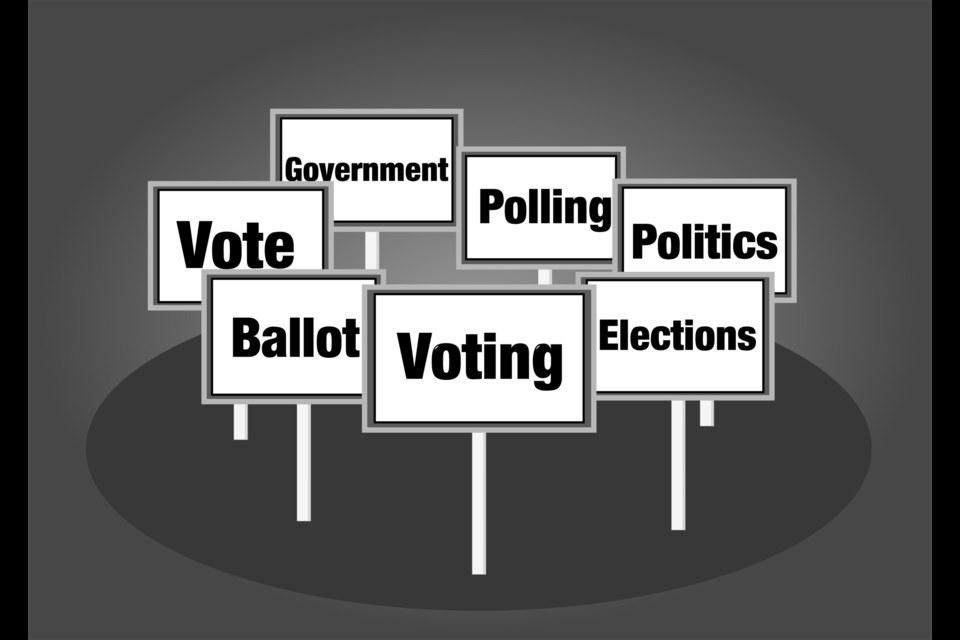Signs, signs, everywhere there are election signs.
And the mayor of Guelph is sick of it.
"Is it even valuable or warranted, based on the amount of effort that goes into driving around the city and putting them up, constantly fixing them?" Cam Guthrie told GuelphToday.
He would like to see election signs restricted to private property, so residents and businesses can show who they're supporting.
"They become sight line and safety issues for people in vehicles," he said. "They become loose and discarded, and blown all over the place in storms, and that can become a nuisance on our roadways and walkways."
It's a discussion that seemingly comes around every election season, no matter which level of government it is.
Guthrie said the campaigns are doing their best to abide by the current bylaw, enacted in 2018, but believes many would agree the negatives outweigh the supposed benefits.
Guelph's bylaw, most notably forces candidates to have three days after an election to remove signs, or lose their $150 deposit. It also limits the size of a sign, and the number of signs a particular candidate can put in a certain area.
City bylaw said in an email the goal of the current bylaw is to keep signs out of parks and city property, including city hall and recreation centres.
The sign subject is not isolated to Guelph either.
Bylaws have been passed in a number of communities in Ontario to limit sign placement.
The Region of Waterloo banned signs on the side of regionally-run roads on the heels of last year's federal election. Kingston has election signs banned on all public property.
The Kingston bylaw seems to be the direction Guthrie wants Guelph to go, a thought that started when he ran into volunteers of an unnamed provincial election candidate recently.
"(The volunteers) were just indicating how much of a pain it's been to be driving around the city," Guthrie said. "To fix signs that have either been blown over, or been vandalized or were accidentally, by volunteers, put in the wrong place, based on the current bylaw."
Guthrie then did an informal poll on his Twitter feed.
Of the 759 votes cast, 80.9 per cent agreed that signs should only be allowed on private property.
However, he admits there are some counterpoints to the idea: a perceived advantage for incumbents and what Guthrie called "the meet in the middle perspective."
"(That's) an option of only (allowing signs) around intersections that are identified and specified within the bylaw," he said. "But not a free-for-all across every public space, everywhere."
But with provincial election day this Thursday, and a municipal election coming up this fall, Guthrie said he wouldn't want to rush any decisions on the matter.
He would like to see public consultations start after this fall's municipal election.
"That gives a good leeway for proper public engagement, and there are no elections on the horizon," he said.
"It would be four years for municipal, four years for provincial if there is a majority government. (And) also at least probably two or three more years with the federal government due to the agreement between the Liberals and the NDP to continue with their coalition."



